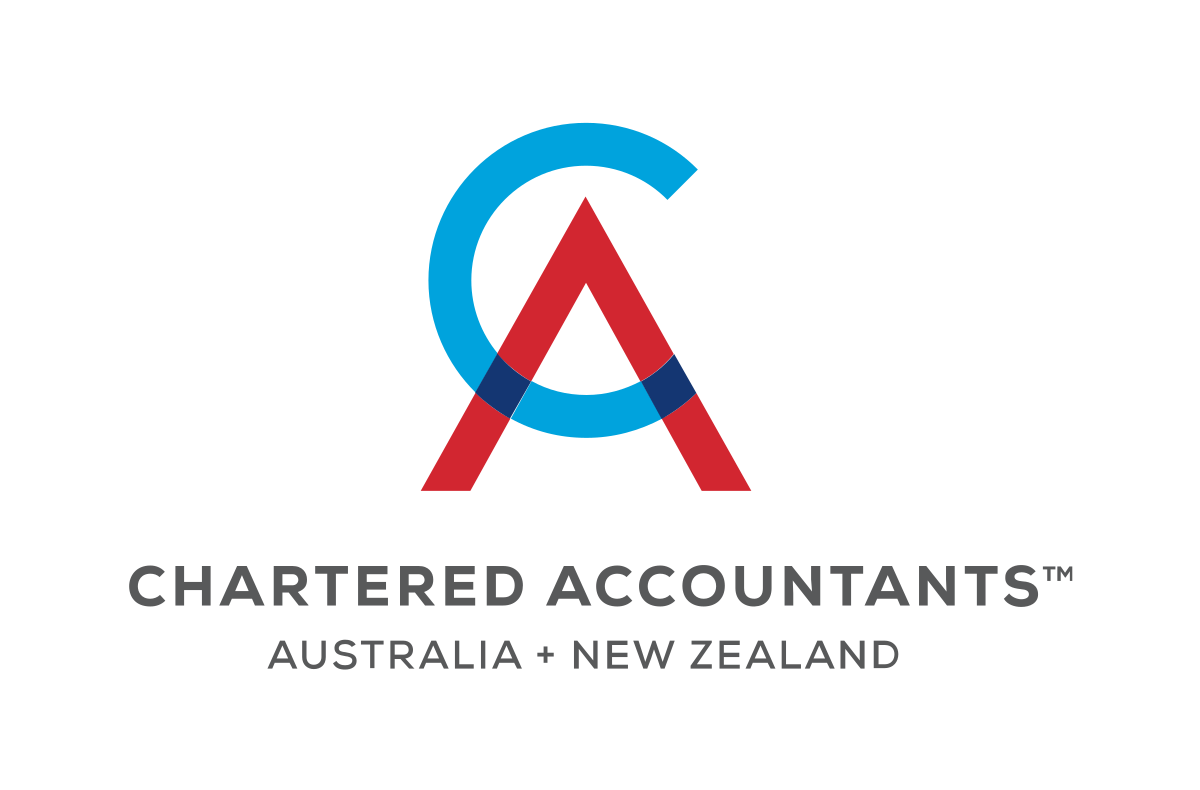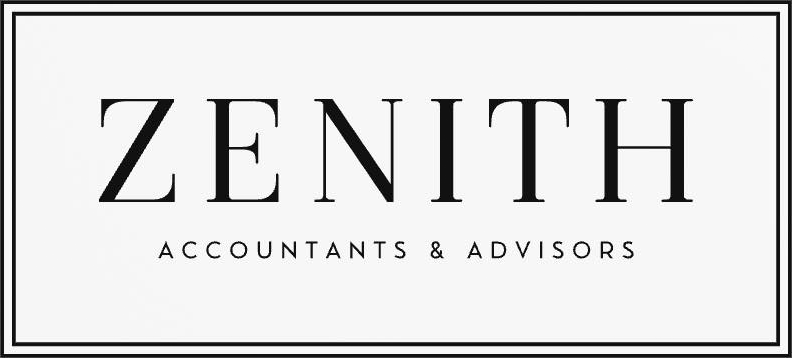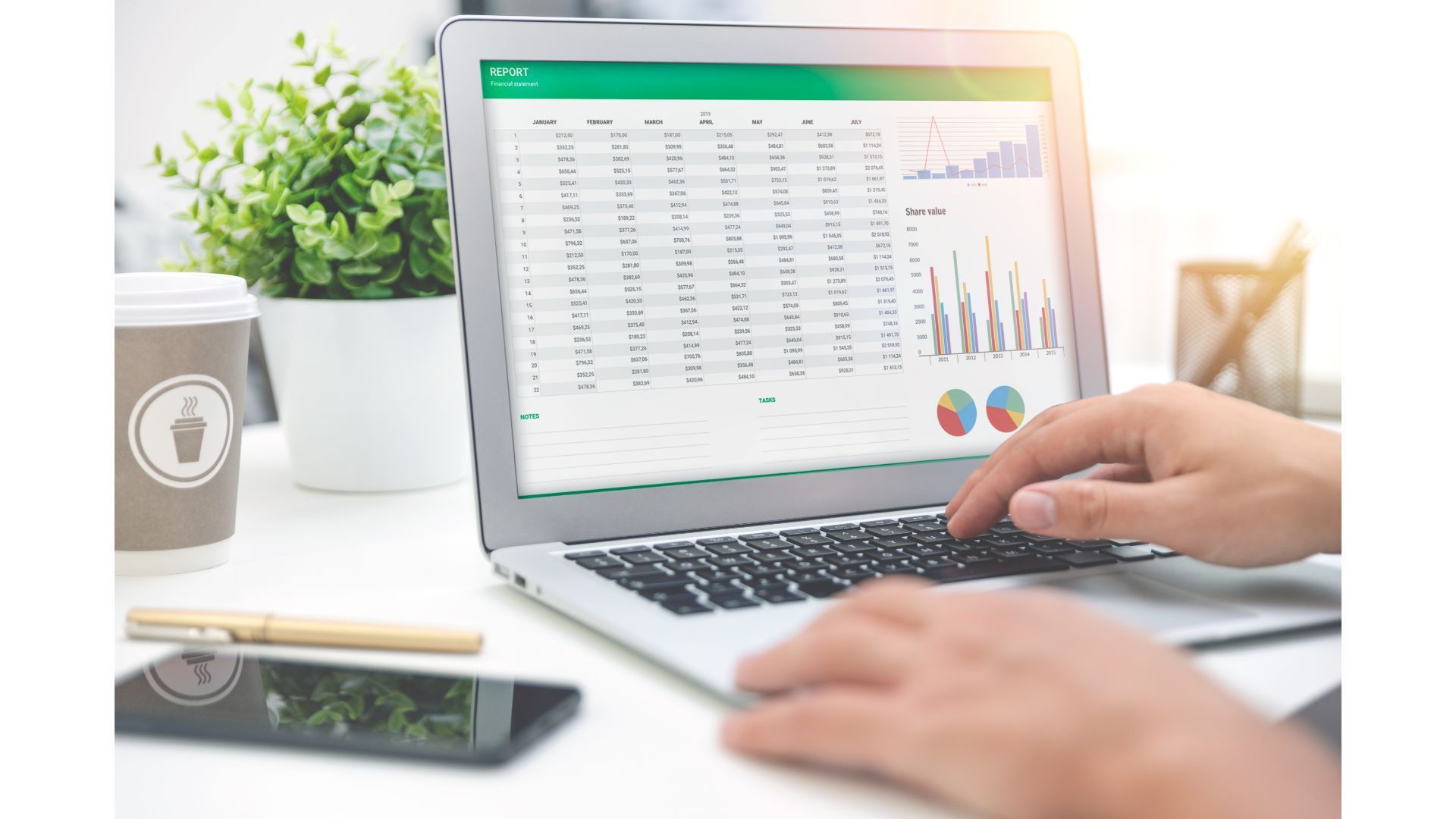How To Prepare For Tax Time As A Business
Tax time can be a stressful period for businesses, but with the right preparation, it doesn't have to be. For businesses, staying organised, understanding the specific requirements of the Australian Taxation Office (ATO) and working with an accountant is the key to a smooth tax season.
This blog will guide you through everything you need to do to prepare for tax season.
Understanding Your Tax Obligations
Before diving into the preparation process, it’s crucial to understand your tax obligations. As a business, you may be required to lodge various tax returns, including:
- Income Tax Returns: All businesses must lodge an annual income tax return.
- Goods and Services Tax (GST) Returns: If your business has a turnover of $75,000 or more, you must register for GST and lodge a Business Activity Statement (BAS).
- Pay As You Go (PAYG) Withholding: If you have employees, you must withhold tax from their wages and report and pay these amounts to the ATO.
- Fringe Benefits Tax (FBT): If you provide fringe benefits to your employees, you must lodge an annual FBT return.
Organising Financial Records
One of the most critical steps in preparing for tax time is organising your financial records. Accurate and up-to-date records will make the tax filing process much more manageable.
1. Keep Accurate Records
Ensure that all financial transactions are recorded accurately. This includes sales, expenses and any other financial activities. Using accounting software can help streamline this process and reduce the risk of errors.
2. Separate Business & Personal Finances
It’s essential to keep your business and personal finances separate. This not only simplifies your accounting but also ensures compliance with ATO requirements.
3. Reconcile Bank Statements
Regularly reconciling your bank statements with your accounting records can help identify any discrepancies early on. This should be done monthly to ensure your records are accurate.
4. Keep Receipts & Invoices
Keep all receipts and invoices for at least five years, as required by the ATO. These documents serve as proof of your business expenses.
Maximising Deductions and Credits
Taking advantage of available deductions and credits can significantly reduce your tax liability. Here are some common deductions and credits you may be eligible for:
1. Business Expenses
You can claim deductions for most costs incurred in running your business. This includes office supplies, utilities, travel expenses and more. Ensure you have proper documentation for all claimed expenses.
2. Depreciation of Assets
You can claim deductions for the depreciation of business assets such as equipment, vehicles and buildings. The ATO provides various methods for calculating depreciation, so choose the one that best suits your business.
3. Instant Asset Write-Off
The instant asset write-off allows small businesses to immediately deduct the cost of eligible assets.
4. Research & Development (R&D) Tax Incentive
If your business invests in research and development, you may be eligible for the R&D Tax Incentive, which provides a tax offset for eligible R&D activities.
Preparing Financial Statements
Preparing accurate financial statements is a crucial part of the tax preparation process. These statements provide a snapshot of your business’s financial health and are required for your tax return.
1. Profit & Loss Statement
The profit and loss statement, also known as the income statement, summarises your business’s revenue and expenses over a specific period. This statement helps determine your taxable income.
2. Balance Sheet
The balance sheet provides a snapshot of your business’s financial position at a specific point in time. It lists your assets, liabilities and equity, providing insight into your business’s financial stability.
3. Cash Flow Statement
The cash flow statement tracks the flow of cash in and out of your business. This statement is essential for understanding your business’s liquidity and ensuring you have enough cash to meet your tax obligations.
Engaging a Professional Accountant
While it’s possible to handle tax preparation on your own, working with a professional accountant can save you time and ensure compliance with ATO requirements. An accountant can provide valuable advice on tax planning, deductions and credits, and help you navigate complex tax laws.
1. Choose the Right Accountant
Choose an accountant with experience in your industry and a thorough understanding of tax laws and compliance.
2. Regular Consultations
Schedule regular consultations with your accountant throughout the year, not just at tax time. This allows you to address any issues and stay on top of your tax obligations.
Small Business Considerations
Small businesses face unique challenges and opportunities when it comes to tax preparation. Here are some specific considerations for small business owners:
1. Cash vs. Accrual Accounting
Small businesses can choose between cash and accrual accounting methods. Cash accounting records transactions when money is exchanged, while accrual accounting records transactions when they are earned or incurred. Choose the method that best reflects your business’s financial situation.
2. Simplified Depreciation Rules
Small businesses can take advantage of simplified depreciation rules, including the instant asset write-off and the small business pool. These rules can help reduce your taxable income and improve cash flow.
3. Superannuation Obligations
As a small business owner, you must meet your superannuation obligations for your employees. Ensure that you pay the correct amount and lodge your Superannuation Guarantee (SG) contributions on time.
Tips for Stress-Free Tax Time
Finally, here are some additional tips to help you navigate tax time with ease:
1. Start Early
Don’t wait until the last minute to start preparing for tax time. Begin organising your records and gathering necessary documents well in advance.
2. Use Technology
Leverage accounting software and other technology to streamline your tax preparation process. Many software options integrate with the ATO, making it easier to lodge your returns.
3. Stay Informed
Keep up-to-date with changes in tax laws and regulations that may affect your business. Subscribe to ATO updates and consult with your accountant regularly.
4. Keep Communication Open
Maintain open communication with your accountant and any other financial advisors. Regular check-ins can help address any issues early and ensure you are on track for tax time.
Conclusion
Preparing for tax time as a business requires careful planning and organisation. By understanding your tax obligations, keeping accurate records, maximising deductions and engaging a professional accountant, you can ensure a smooth and stress-free tax season.
Navigate tax time with confidence by booking a consultation with Zenith Accountants & Advisors on the Gold Coast.
Written By Tom Thynne
Tom is the director of Zenith Accountants & Advisors. With over seven years of public practice experience, Tom can see what it takes to make a business successful. Tom is a Chartered Accountant, Financial Planner, Registered Tax Agent and Certified Advisor in QuickBooks Online and Xero.
Address
Unit 2/43 Township Drive
Burleigh Heads, Gold Coast
Zenith
Accountants










